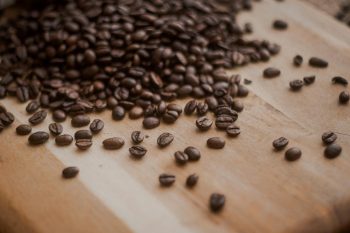The coronavirus is an RNA virus that has proteins (enzymes) involved in its replication mechanism that are responsible for copying the RNA molecule to create new virus particles. These enzymes can make mistakes when copying RNA and cause mutations that differ somewhat from the original virus. Many of these mutations are of no consequence, but others can increase the infectivity of the virus, produce more severe disease, or escape human defenses.
More than 12,000 mutations of the SARS-CoV-2 virus, responsible for the COVID-19 disease, have been described. For this reason, there is the possibility that COVID-19 becomes an endemic disease such as the flu and that due to mutations it is necessary to be vaccinated annually. Several works have recently been published in important journals such as Nature, the New England Journal of Medicine or The Lancet, evaluating the protection capacity of vaccines against the most frequent variants of the virus.
- B.1.1.7 first detected on December 14, 2020 in the UK and present in at least 93 countries.
- 501Y.V2 first described in South Africa on December 18, 2020 and present in 45 countries.
- P.1 detected in Brazil on February 22, 2021 and spread over 21 countries.
Vaccine protection capacity
The protection capacity induced by the Pfizer vaccine has been shown to decrease a magnitude of 2 times for the English variant, 6.3 for the South African and 6.7 for the Brazilian. With the Moderna vaccine, this reduction is 1.8 times for the English variant, 4.5 for the Brazilian variant and 8.6 for the South African variant. In relation to the AstraZeneca vaccine, its protection is reduced 1.2 times against the English variant and 86 times against the South African.
The response to the English and South African variants of the antibodies produced by people vaccinated with two Chinese vaccines (that are inactivated coronavirus vaccines) has also been studied. It was found that the antibodies neutralized the English variant well but that the neutralization decreased against the South African.
Vaccine efficacy
In summary, in general the mentioned vaccines are quite effective against the English variant (which predominates in Spain) although their effectiveness decreases against the variants from South Africa and Brazil. The appearance of new variants may cause new vaccines to be developed.



